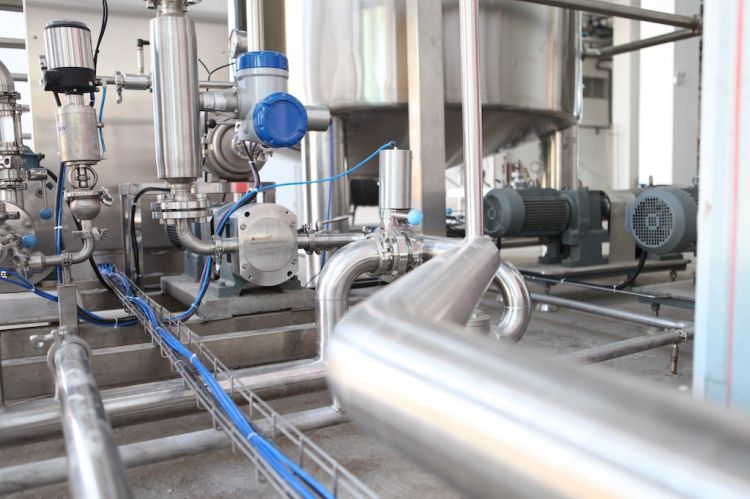The Top Testing Technologies Your Industrial Business Should Invest In

In the world of industrial business, quality assurance and product is vital to growth. In the past, manufacturers had to worry about human error. Even with quality control measures in place, some problems slipped past and resulted in inferior materials making it into the hands of customers.
Which Testing Is in Most Demand?
A survey by the experts at McKinsey found companies adopting digital technologies grew at a much faster pace than previously predicted. Digital adaptation to customer interactions jumped ahead by three years, according to charts, with the biggest gains in North America, Europe and the Asia-Pacific regions.
Automation testing to ensure the new digital improvements work as expected are on the rise. Testing machines to ensure they make sense for repetitive tasks keeps quality in place. Building intelligent factories of the future requires embracing the tools that will help you outpace your competition. Here are some of the technologies your industrial business should invest in:
1. Artificial Intelligence (AI)
The use of machines to try out different software scenarios and ensure automation matches up to what company leaders expect is on the rise. Not only can the machines try out different scenarios but industrial businesses can improve their strategies to keep up with frequent changes.
Today’s machines can learn just like humans can. So, you can train a computer to be smarter about spotting issues before they arise or finding new patterns to speed up or improve production.
2. Non-Destructive Testing
Perhaps you need to test more than an item coming off the assembly line here and there. When you have to test materials for strength and other durability measures, non-destructive testing allows you to gather data without harming the finished product.
A number of different techniques might come in handy, including radiography. The testing has no impact on the finished product, so you can still sell it if it passes inspection.
3. Security Testing
The industrial sector is growing rapidly, so ensuring technology remains secure has become a huge concern. The best security software doesn’t just protect you from an attack as it happens but also tests your systems to find soft spots before a hacker can even attempt to break inside.
The more secure your databases are, the less likely a competitor or a foreign government will steal the secret methods you’ve worked so hard to develop and use them to sell a similar product. Penetration testing is a vital step to securing your sensitive information from nefarious outsiders.
4. Customer Analytics
Although your focus might mainly be on testing a product to ensure it meets standards, you shouldn’t overlook the power of marketing to get the word out about your brand. Something as simple as changing your product packaging can increase profits. Studies show 90% of people are influenced by color and it can impact their overall impression of a company.
Using factors such as split testing helps you see what your target audience responds best to. You can test anything from your brand’s color palette to landing pages on your site. Seeing side-by-side comparisons helps you understand what changes work best to grow your business.
5. Performance Engineering
Nearly one million new businesses open each year in the United States alone. While not all are industrial businesses, there is still plenty of competition no matter what your niche. One way you can stay ahead of the game is ensuring your products perform well.
Adopting a user-centered approach allows you to test your products to make sure they stand up to the uses your customers are most likely to implement. For example performance engineering might utilize machines and software to ensure the products hold up to certain performance metrics.
Such software looks at each aspect of the process, measuring quality and results. It takes things a step beyond quality control and might try using a product 1,000 times for the thing it’s built for and 1,000 times for a less usual circumstance. Ideally, all this is automated by computers and the reports fed back to your design engineers for improvements as needed.
Talk to Top Tech Experts
Attend trade shows in your industry, keep in touch with software developers and pay attention to the technology other companies in your industry use. With the internet of things changing the way factories track shake, quality and even logistics, there are many ways to improve your business model. It’s vital to stay on top of what’s new if you want to outpace your competitors.
